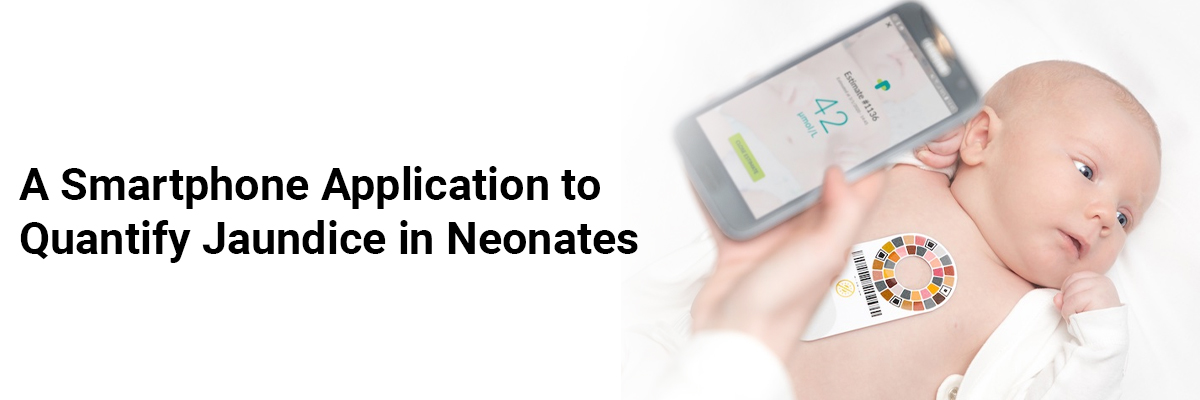
 IJCP Editorial Team
IJCP Editorial Team
A Smartphone application to quantify jaundice in neonates
Neonatal jaundice is a common condition affecting many newborns. Early identification of high bilirubin levels is crucial to prevent severe complications, such as acute bilirubin encephalopathy.
While transcutaneous bilirubinometers are widely used in hospitals to detect high bilirubin levels, they are only sometimes available in home settings, and their cost may limit their use. Hence, Hegde D. et al. explored the use of smartphone applications to estimate bilirubin levels in neonates.
They searched the literature to sort studies that recruited infants with a gestation of ≥ 35 weeks and documented paired total serum bilirubin (TSB) and smartphone app-based bilirubin (ABB) levels. They finally included fourteen studies in the meta-analysis, with 2256 infants.
The authors found a strong correlation between ABB and TSB levels, which indicated that smartphone applications could accurately estimate bilirubin levels in neonates. They found that the sensitivities for predicting a TSB of 250 µmol/L ranged from 75 to 100%, while specificities ranged from 61 to 100%, and sensitivities for predicting a TSB of 205 µmol/L ranged from 83 to 100%, while specificities ranged from 19.5 to 76%. Overall, the certainty of the evidence remained moderate.
Although the results of this study are promising, the authors note that well-designed studies are needed to determine the utility of smartphone applications as a screening tools for various TSB cut-off levels to commence phototherapy. The use of smartphone applications could potentially provide an easy and accessible way for parents to screen their newborns for neonatal jaundice, leading to earlier detection and treatment of high bilirubin levels.
Early detection and treatment of high bilirubin levels are crucial to preventing severe complications, and smartphone applications could play a valuable role in achieving this goal.
Hegde D. et al. Accuracy of smartphone application to quantify jaundice in neonates: A systematic review with meta-analysis. Research Square. 2023. DOI: https://doi.org/10.21203/rs.3.rs-2719342/v1

IJCP Editorial Team
Comprising seasoned professionals and experts from the medical field, the IJCP editorial team is dedicated to delivering timely and accurate content and thriving to provide attention-grabbing information for the readers. What sets them apart are their diverse expertise, spanning academia, research, and clinical practice, and their dedication to upholding the highest standards of quality and integrity. With a wealth of experience and a commitment to excellence, the IJCP editorial team strives to provide valuable perspectives, the latest trends, and in-depth analyses across various medical domains, all in a way that keeps you interested and engaged.




















Please login to comment on this article